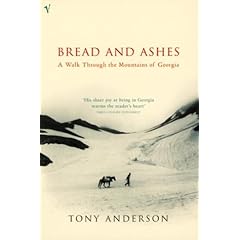
Thanks, Wikipedia
My first two months in Ukraine I was in Kyiv studying Russian. I couldn't begin on my registration there because I had to register in the city of the university I'm affiliated with. As soon as I moved to Simferopol, the swine flu quarantine was in place and someone at my university told me it was impossible to register me until the quarantine was over. I made the mistake of listening to her. When I showed up to the office of International Students the first day of school after the quarantine (the day before my 90 days expired), I got an ear full about not coming into the office, because apparently they were working the whole time.
That was Monday, this is Friday and my registration is now late and still not filed. Shall I continue about the rest: the documentation, the multiple trips to the police station, the tax office, some other office that has something to do with residence, and the university? The 50 dollar "insurance" fee? The pack of paper (!) my landlord had to buy for a police officer for him to give us the document we needed, because he "didn't have any paper to print the document on"? The conflicting versions of the law that have confused the university this past week (there's the Kyiv version, and the Simferopol version)?
I see your eyes are glazing over. Perhaps I should let that be, and just mention that I am not yet a legal alien, and if I left the country at this moment, I would not be let back in.





















